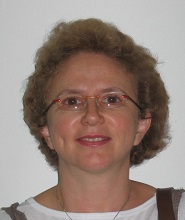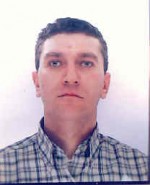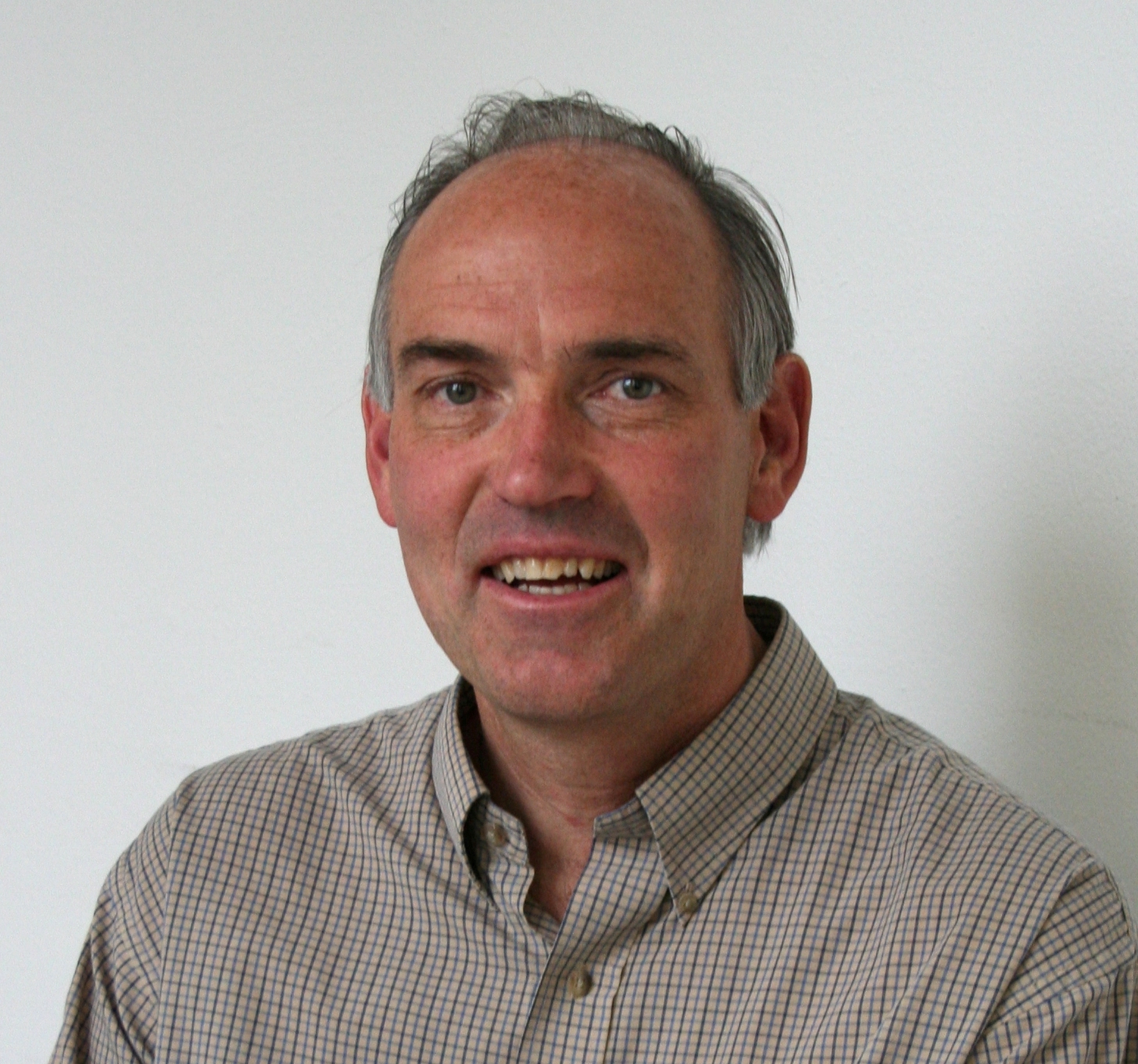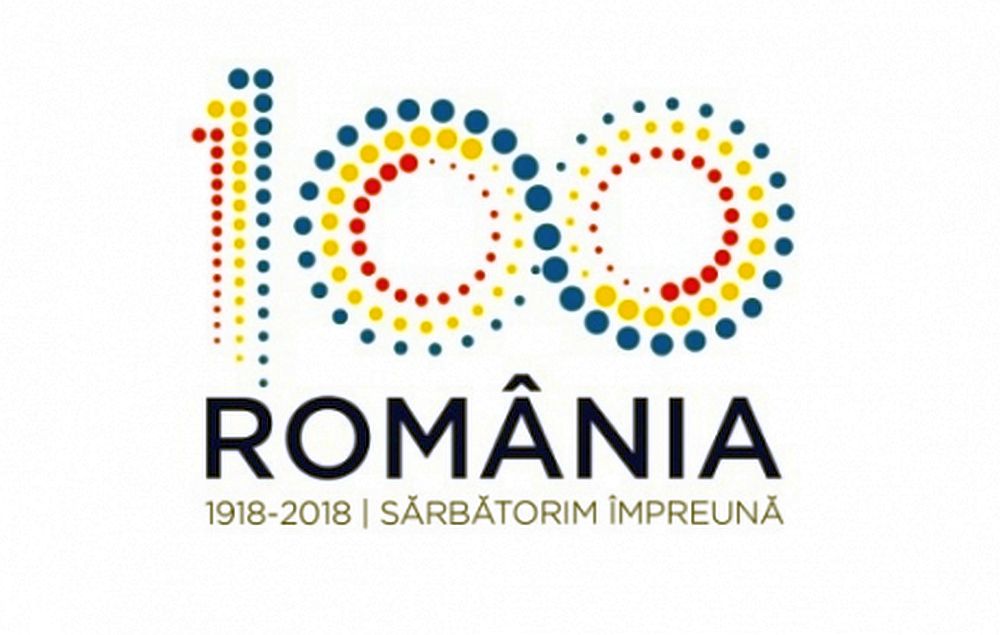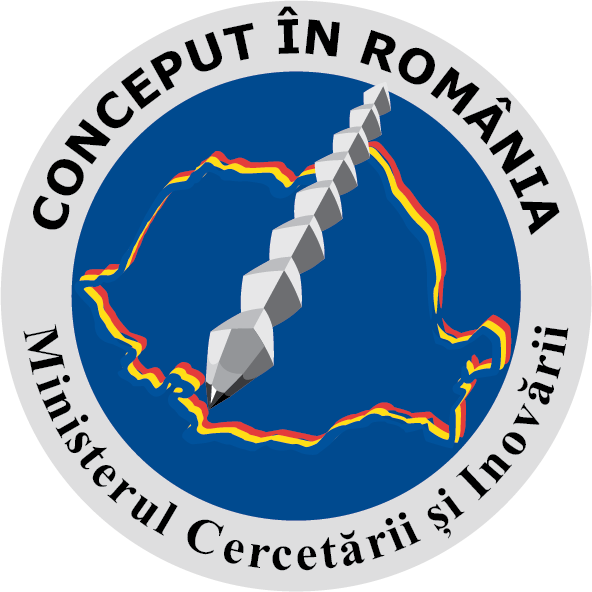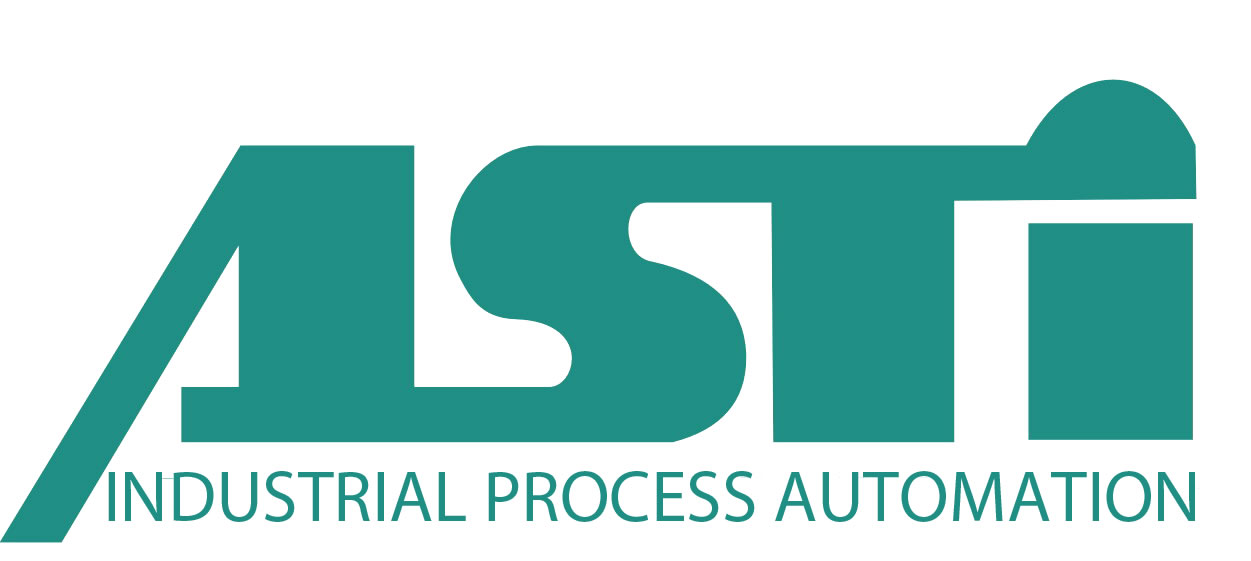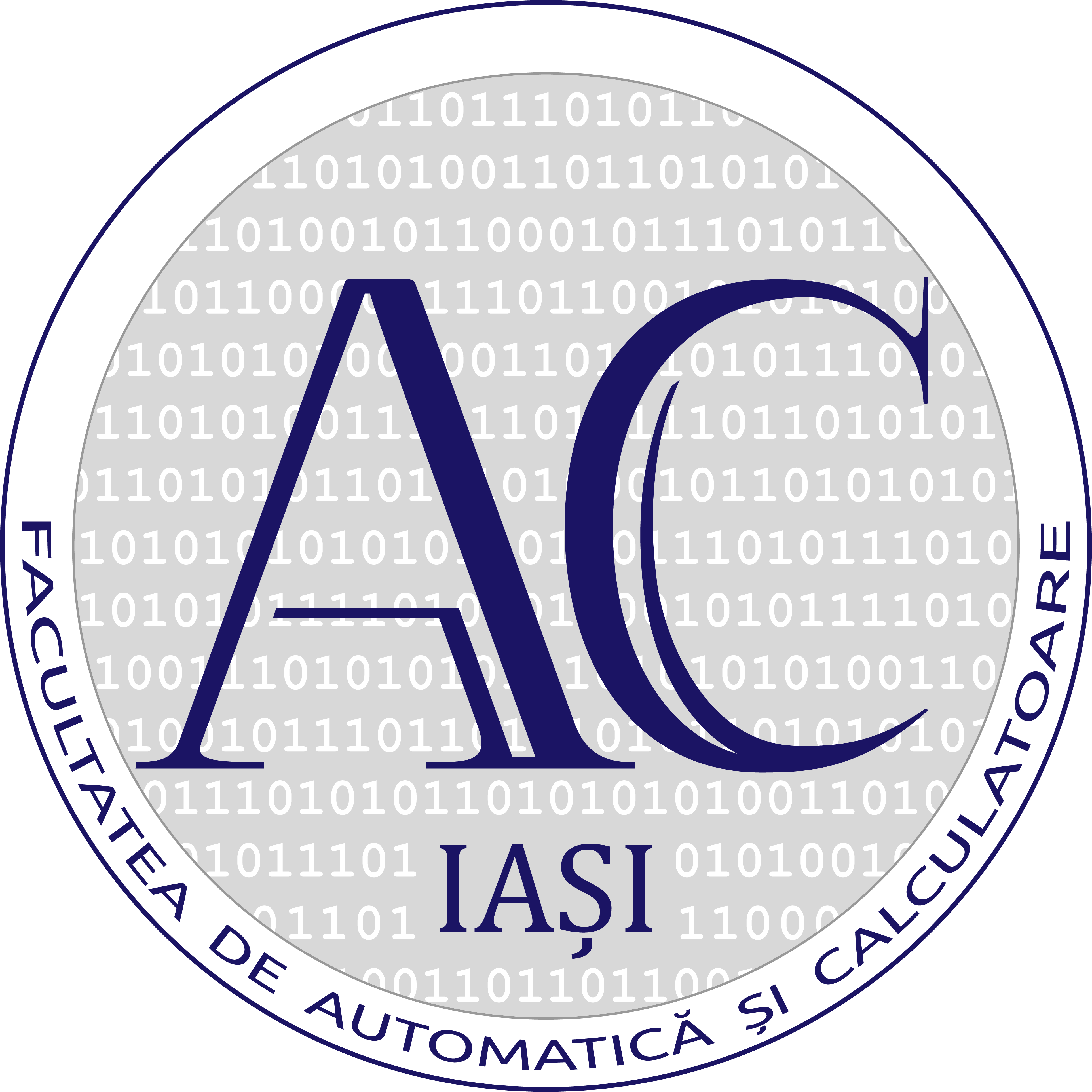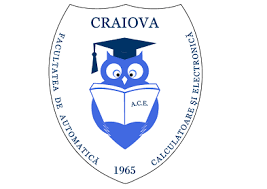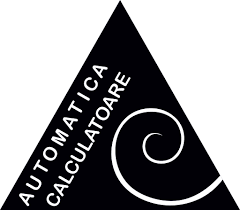Plenary Speakers (Confirmed)
-
Alberto BEMPORAD (Italy)
-
Gildas BESANÇON (France)
-
Emilia FRIDMAN (Israel)
-
Ion NECOARA (Romania)
-
Dorothée NORMAND-CYROT (France)
-
Sigurd SKOGESTAD (Norway)
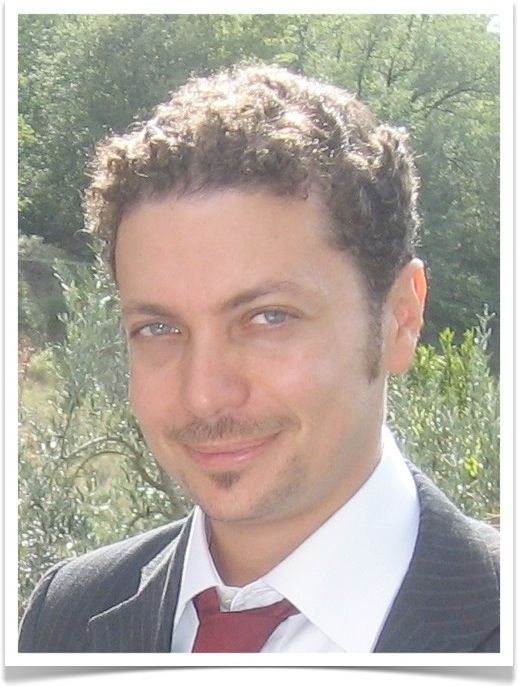 Alberto BEMPORAD (Italy)
Alberto BEMPORAD (Italy)
Biography:
Alberto Bemporad received his master's degree in Electrical Engineering in 1993 and his Ph.D. in Control Engineering in 1997 from the University of Florence, Italy. In 1996/97 he was with the Center for Robotics and Automation, Department of Systems Science & Mathematics, Washington University, St. Louis. In 1997-1999 he held a postdoctoral position at the Automatic Control Laboratory, ETH Zurich, Switzerland, where he collaborated as a senior researcher until 2002. In 1999-2009 he was with the Department of Information Engineering of the University of Siena, Italy, becoming an associate professor in 2005. In 2010-2011 he was with the Department of Mechanical and Structural Engineering of the University of Trento, Italy. Since 2011 he is full professor at the IMT School for Advanced Studies Lucca, Italy, where he served as the director of the institute in 2012-2015. He spent visiting periods at Stanford University, University of Michigan, and Zhejiang University. In 2011 he cofounded ODYS S.r.l., a consulting and software development company specialized in advanced controls and embedded optimization algorithms. He has published more than 300 papers in the areas of model predictive control, automotive control, hybrid systems, multiparametric optimization, computational geometry, robotics, and finance, and co-inventor of 7 patents. He is author or coauthor of various MATLAB toolboxes for model predictive control design, including the Model Predictive Control Toolbox (The Mathworks, Inc.) and the Hybrid Toolbox. He was an Associate Editor of the IEEE Transactions on Automatic Control during 2001-2004 and Chair of the Technical Committee on Hybrid Systems of the IEEE Control Systems Society in 2002-2010. He received the IFAC High-Impact Paper Award for the 2011-14 triennial. He has been an IEEE Fellow since 2010. Web page: http://cse.lab.imtlucca.it/~bemporad
Talk title: Recent Advances in Embedded Model Predictive Control
Abstract: Model Predictive Control (MPC) is one of the most successful techniques adopted in industry to control multivariable systems in an optimized way under constraints on input and output variables. In MPC, the manipulated inputs are computed in real time by solving a mathematical programming problem, most frequently a Quadratic Program (QP). The QP depends on a model of the dynamics of the system, that is often learned from experimental data. To adopt MPC in embedded control systems under fast sampling and limited CPU and memory resources, one must be able to solve QP's with high throughput, using simple code and executing arithmetic operations under limited machine precision, and to provide tight estimates of execution time. In my talk I will present recent developments in quadratic optimization and data-driven design of embedded MPC controllers.
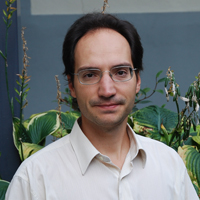 Gildas BESANÇON (France)
Gildas BESANÇON (France)
Biography: Gildas Besançon was born in Toulouse, France, in 1971. He received an Electrical Engineering diploma in 1993, and a PHD degree in Control in 1996, both in Grenoble, France. After a stay at Rome University La Sapienza, Italy, he joined the Institut National Polytechnique de Grenoble in 1998. He got the French degree of ‘Habilitation à Diriger des Recherches’ in 2002, and became a full professor at Grenoble INP in 2010, to which he is still currently affiliated. Between 2010 and 2015, he also held a nationally distinguished position at the Institut Universitaire de France. He serves in various IFAC and IEEE committees, and has been active, and still is, in various industrial projects. He is the author or co-author of more than 200 international peer-reviewed papers, and about 20 book chapters. He is also the editor of the Springer book ‘Nonlinear observers and applications’, and he supervised or co-supervised almost 20 PHD students. His research activities are held at the Control Systems Department of Gipsa-lab - where he is currently the head of the research group on 'nonlinear and complex systems', and these activities address various topics about such systems, with a special interest in observer issues, and applications in energy, hydraulics, or micro/nano-sciences.
Talk title: Some ‘exciting’ issues in the problem of observer design
Abstract: Observer design, for nonlinear systems in particular, remains a challenging topic in control, either for the control design itself or for the related issue of monitoring for instance. Various strategies are available, depending on the type of system under consideration, but various issues are also still open. Amongproblems which are specific to dynamics that are NON linear, is the one of handling systems which are said to be NON uniformly observable, that is for which observability depends on the applied input. This leads to the notion of 'exciting inputs'. Starting with a short overview on observability and observer tools for nonlinear systems, the talk will be an opportunity to focus on this specific issue of excitation, and discuss some recent works towards solutions in that respect.
Biography: Emilia Fridman received the M.Sc. degree from Kuibyshev State University, USSR, in 1981 and the Ph.D. degree from Voronezh State University, USSR, in 1986, all in mathematics. From 1986 to 1992 she was an Assistant and Associate Professor in the Department of Mathematics at Kuibyshev Institute of Railway Engineers, USSR. Since 1993 she has been at Tel Aviv University, where she is currently Professor of Electrical Engineering-Systems. She has held visiting positions at the Weierstrass Institute for Applied Analysis and Stochastics in Berlin (Germany), INRIA in Rocquencourt (France), Ecole Centrale de Lille (France), Valenciennes University (France), Leicester University (UK), Kent University (UK), CINVESTAV (Mexico), Zhejiang University (China), St. Petersburg IPM (Russia), Melbourne University (Australia), Supelec (France), KTH (Sweden).
Her research interests include time-delay systems, networked control systems, distributed parameter systems, robust control, singular perturbations and nonlinear control. She has published more than 100 articles in international scientific journals. She is the author of the monograph Introduction to Time-Delay Systems: Analysis and Control (Birkhauser, 2014).
In 2014 she was Nominated as a Highly Cited Researcher by Thomson ISI. She serves/served as Associate Editor in Automatica, SIAM Journal on Control and Optimization and IMA Journal of Mathematical Control and Information. She is currently a member of the Council of IFAC.
Talk title: Sampled-data and Networked Control Systems: A Time-Delay Approach
Abstract: A classical approach to sampled-data control is based on discretization, which looses an information on the inter-sampling behavior and performance. To avoid the latter problem, a time-delay approach to sampled-data control was introduced, where the system was modeled as a continuous-time system with the delayed input/output. The time-delay approach became popular in networked control systems, where the plant and the controller exchange data via communication network. In the present talk three main approaches to
sampled-data control will be discussed. A recent extension of the time-delay approach to networked-control systems will be demonstrated, where variable sampling intervals, communication delays and protocol scheduling are taken into account. Also event-triggered control will be mentioned.
Biography:
Ion Necoara received the MSc degree in optimization and statistics from University of Bucharest, Romania in 2002 and the PhD degree in applied sciences (cum laude) from Delft University of Technology, The Netherlands in 2006. For the period 2007-2009, he completed a postdoctoral fellowship at the Katholieke Universiteit Leuven, Belgium. Currently, he is a professor at the Department of Automatic Control and Systems Engineering, University Politehnica Bucharest, Romania. He is author of more than 100 research papers in optimization and control, for which he received several awards: Best Paper Award from Journal of Global Optimization 2015; Romanian Academy Award 2015; Excellence in Research award from Ad Astra 2016, National Order Faithful Service from Romanian Presidency 2017. Dr. Necoara was awarded a Fullbright fellowship in 2017, UEFISCDI Fellowship (Young Independent Team) 2010 and 2015, and University Fellowship (Excellence in Research), 2010. His research interests cover various topics in developing new optimization algorithms with a focus on structure exploiting and mathematical guarantees about their performance, and applying optimization techniques for developing new advanced design algorithms for complex systems.
Talk title: Optimization in control: recent advances and challenges
Abstract: Today's control systems fundamentally depend on embedded and often an overlaid system of computation, communication, control and optimization. Essentially, control is a complex optimization problem. On the one hand, we aim to achieve the control objectives better and faster, on the other hand, we hope to reduce resource consumption, due to computation and communication, as much as possible. As a result, we have experienced in the last decade significant interest in new theoretical advances in optimization, in particular in algorithmic and implementation related investigations coming from control problems.
There are many opportunities and challenges in today's devices and systems at nearly every scale of sensing and control. Recent control strategies combined with potential for technological innovations and business opportunities, have attracted a high level of interest in embedded and network systems. Embedded systems are becoming more and more popular in industrial control systems. However, the development of the hardware and software for these systems require appropriate design, analysis and optimization tools. Moreover, the potential for highly distributed systems poses opportunities and challenges. Any complex dynamic network typically has many layers, decision-making units and is vulnerable to various types of disturbances. Effective, communication efficient, distributed control is required that enables parts of the networks to remain operational and even reconfigure in the event of local failures.
This talk presents an overview of the research progress in optimization-based control for embedded and network systems during the last decade and a brief account of our research contributions. The review part covers the areas of: (i) optimization-based control of embedded systems; (ii) distributed optimization based-control of large-scale network systems. Our research contributions focuses on both areas; in particular, we present how convex optimization tools can be used to design effective control algorithms for embedded and network systems, that exploit the problem structure and have mathematical guarantees about their performance. Such advances may contribute toward the development of an efficient control of complex systems with a focus on addressing computation, communication, control and dynamical systems challenges and opportunities ahead.
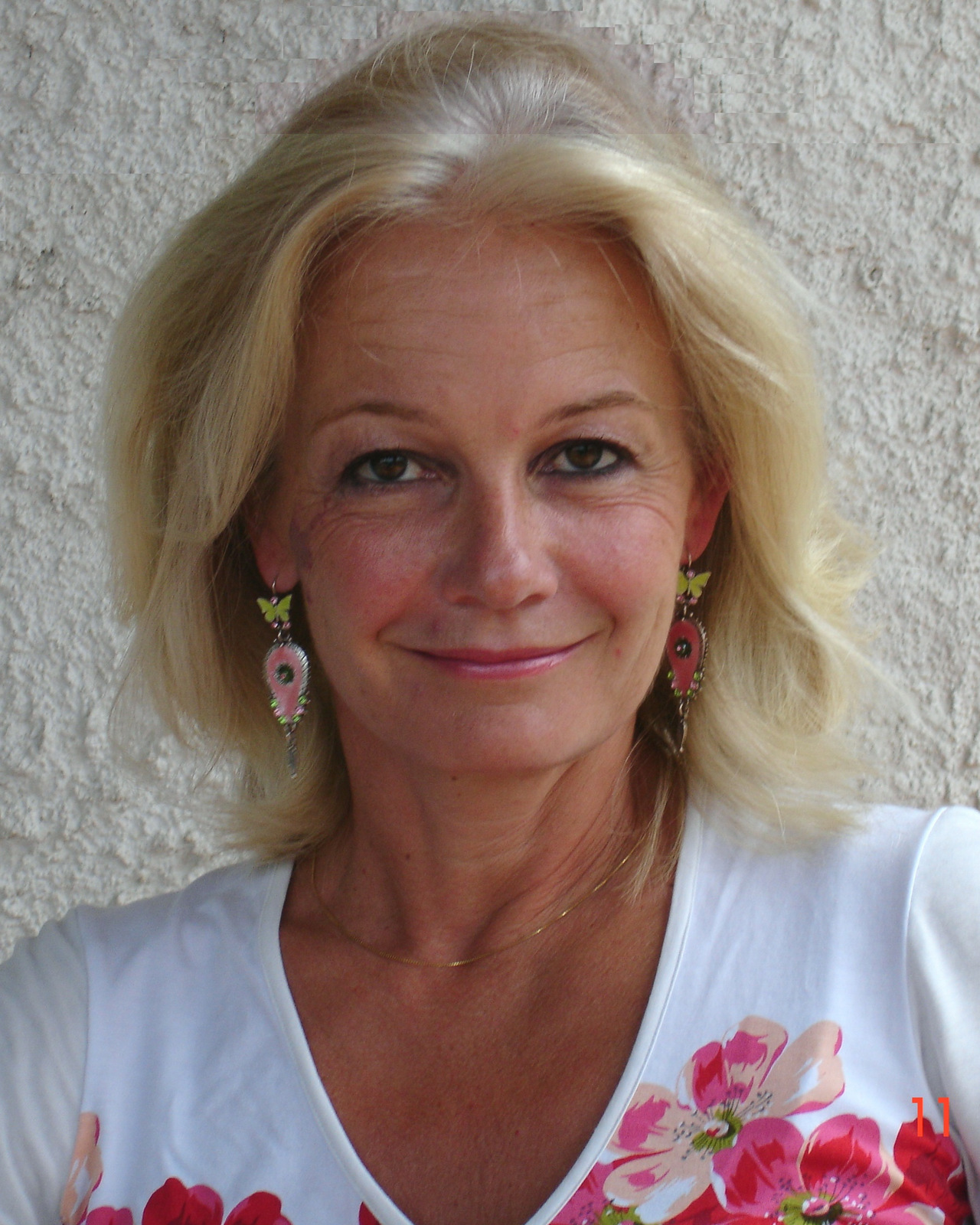 Dorothée NORMAND-CYROT (France)
Dorothée NORMAND-CYROT (France)
Biography: Dorothée Normand-Cyrot was born in Paris. She obtained her PhD in Mathematics from the University of Paris VII and her ”Thèse dEtat es-Sciences” in Physics from the University Paris11 in 1978 and 1983 respectively. She was researcher at the Research Center of Electricity of France EDF from 1978 to 1981. She joined the French National Researcher Council (CNRS) in 1981 where she is currently, and from 1991 as Research Director, in the Laboratoire des Signaux et Systèmes (L2S) in Gif-sur-Yvette. DNC handled several visiting Professor positions in Italy at the University of Rome ”La Sapienza” and l’Aquila promoting research activities between Italy and France from 1987. She is an IEEE Fellow (class 2005) of the IEEE Control Systems Society for ”contributions to discrete-time and digital nonlinear control systems”. Her research activity is in the field of nonlinear discrete-time systems and digital control; author and co-author of about 192 scientific publications, editor of 6 books, supervisor of nearly 30 PhD students. She is recipient of the IFAC-Control Engineering Practice Best Paper Award for 2011-2013. She was the head of the CNRS-GdR Groupement de Recherche in Control Theory from 1998 to 2002. She served as Programme Chair of the ECC91 in France, General Chair of the Workshop Perspectives in Control in 1998 in France, General Chair of CIFA2002 ”Conference Internationale Francophone d’Automatique” in Nantes, France. Member of several scientific and steering international committees, Editor at Large of the European Journal of Control from 2003. Funding Member of the European Union Control Association EUCA, Member of the Executive Council from 1991 to 1997 and General Secretary of the Governing Board from 2003 to 2005 among others.
(http://www.l2s.centralesupelec.fr/perso/dorothee.normand-cyrot)
Talk title: Nonlinear digital Lyapunov based stabilizing control
Abstract: The expansion of digital technologies in current life renews the interest of the control community for sampled data (SD) systems. Commonly, SD dynamical systems will refer to dynamical systems fed by sampled data and actuated through piecewise constant controls. Two preliminary assessments are first that SD systems are inherently hybrid systems and second that discrete-time (DT) control theory represents a pool of useful methodologies to handle hybrid connected dynamical structures. SD systems are in fact particular cases of DT systems which are parameterized by the sampling period. In fact, starting with a continuous-time dynamical system to be controlled in a digital environment (embedded technology), a direct way to proceed is to sample the dynamics so that to set the problem on the DT equivalent model. The same advantage to unify the dynamical structure to be controlled through sampling is also met when facing the control of interconnected dynamics (e.g.networked control). In conclusion, digital control at large (including discrete-time and sampled-data dynamical systems) is part of hybrid technologies.
In the talk, we will describe Lyapunov based stabilizing control methodologies for nonlinear discrete-time and sampled-data systems. Input Lyapunov matching, backstepping like and passivity based techniques will be described. In this latter case, we will refer to a novel notion of average passivity introduced for discrete-time dynamics. Exact solutions will be proposed but the focus will be set on approximate solutions to provide elegant and easily computable solutions which preserve the performances and compensate the usual degradations met under digital implementation through zero order devices. Practical mechanical or electro mechanical examples will illustrate the topic with simulations.
Biography: Sigurd Skogestad is a professor in chemical engineering at the Norwegian University of Science and Technology (NTNU) in Trondheim. Born in Norway in 1955, he received the Siv.Ing. degree (M.S.) in chemical engineering at NTNU in in 1978. After finishing his military service at the Norwegian Defence Research Institute, he worked from 1980 to 1983 with Norsk Hydro in the areas of process design and simulation at their Research Center in Porsgrunn, Norway. Moving to the US and working 3.5 years under the guidance of Manfred Morari, he received the Ph.D. degree from the California Institute of Technology in 1987. He has been a full professor at NTNU since 1987. During the period 1999 to 2009 he was Head of Department of Chemical Engineering. Since 2015 he is the Director of SUBPRO, a multi-disciplinary center on subsea technology at NTNU.
He was at sabattical leave at the University of California at Berkeley in 1994-95, and at the University of California at Santa Barbara in 2001-02.
The author of more than 200 international journal publications and more than 200 conference publications, he is the principal author together with Ian Postlethwaite of the book "Multivariable feedback control" published by Wiley in 1996 (first edition) and 2005 (second edition). Dr. Skogestad was awarded "Innstilling to the King" for his Siv.Ing. degree in 1979, a Fullbright fellowship in 1983, received the Ted Peterson Award from AIChE in 1989, the George S. Axelby Outstanding Paper Award from IEEE in 1990, the O. Hugo Schuck Best Paper Award from the American Automatic Control Council in 1992, and the Best Paper of the Year 2004 Award from Computers and Chemical Engineering. He was an Editor of Automatica during the period 1996-2002i, was is member of the International Dederation of Automatic Control (IFAC) Technical Board for the period 2008 to 2014, and become an IFAC Fellow in 2014. He is a Fellow of the American Institute of Chemical Engineers (2012) and was elected into the Process Control Hall of Fame in 20111. He is an honorary member of Norwegian Society of Automatic Control (2015) and was elected as member of The Norwegian Academy of Science and Letters, Oslo in 2015.
Professor Skogestad has graduated about 40 PhD candidates. He presently has a group of about 5 Ph.D. students. He is since 2015 Director of SUBPRO, a research-based innovation center in subsea production and processing at NTNU, funded by the by the Research Council of Norway and industry, and with a budget of about 35 million NOK per year (2015-2023). He is also the leader of PROST which is the strong point center in process systems engineering in Trondheim and involves about 50 people in various departments.
Research interests include the use of feedback as a tool to (1) reduce uncertainty (including robust control), (2) change the system dynamics (including stabilization), and (3) generally make the system more well-behaved (including self-optimizing control). Other interests include limitations on performance in linear systems, control structure design and plantwide control, interactions between process design and control, and distillation column design, control and dynamics. His other main interests are mountain skiing (cross country), orienteering (running around with a map) and grouse hunting.
Talk title: The BigPicture: Economic plantwide control for complete processing plants.
Abstract: A chemical plant may have thousands of measurements and control loops. By the term plantwide control it is not meant the tuning and behavior of each of these loops, but rather the control philosophy of the overall plant with emphasis on the structural decisions. In practice, the control system is usually divided into several layers, separated by time scale: scheduling (weeks) , site-wide optimization (day), local optimization (hour), supervisory and economic control (minutes) and regulatory control (seconds). Such a hierchical (cascade) decomposition with layers operating on different time scale is used in the control of all real (complex) systems including biological systems and airplanes, so the issues in this section are not limited to process control. In the talk the most important issues are discussed, especially related to the choice of ”self-optimizing” variables that provide the link the control layers. Examples are given for optimal operation of a runner and distillation columns.




